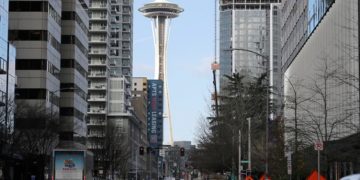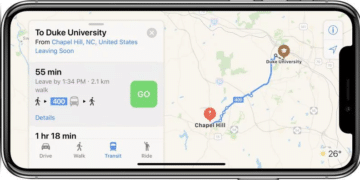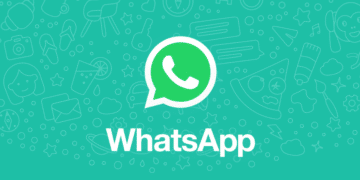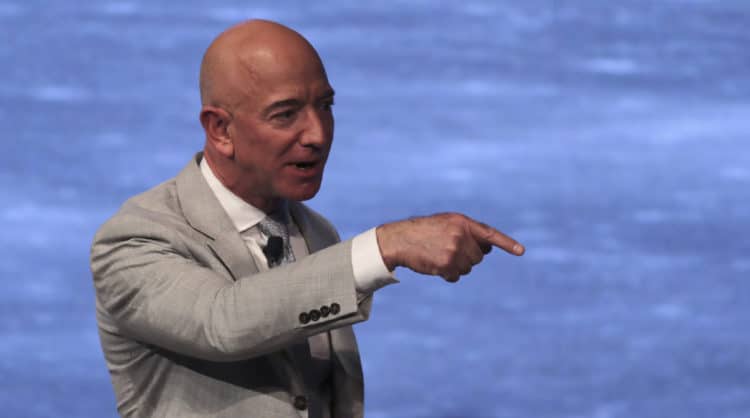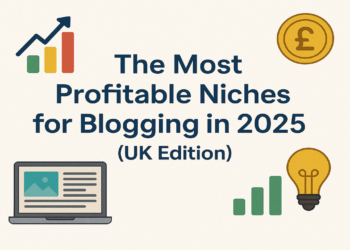The Guardian claims there is direct involvement of Saudi Prince Mohammed bin Salman, and it would not be the first time: Saudi Arabia has denied and asked for an investigation
The Saudi Arabian embassy in Washington denied what the Guardian reported yesterday, namely that in May 2018 the phone of Jeff Bezos, head of Amazon, was hacked on the orders of Saudi Crown Prince Mohammed bin Salman and through a message sent by him. On Twitter, the embassy wrote that “recent media reports suggesting that the Kingdom is behind a violation of Jeff Bezos’ phone are absurd” and called for “an investigation into these allegations”.
On Tuesday, January 21, the Guardian had written that on May 1, 2018, Mohammed bin Salman himself would pass the virus capable of hacking Bezos’ phone through a message on WhatsApp. Jane Wakefield, BBC technology expert, wrote instead that although there is no official confirmation yet, the virus could have been transmitted through an infected video, again shared through WhatsApp. Wakefield wrote: “We don’t know what was in the video in question, but it would certainly be interesting to know what a crown prince could have sent to the leader of the most influential technology company in the world.
The virus would have allowed hackers to access large amounts of files and information on Bezos’ phone, even though we don’t know what and how much data was explicitly stolen. The Guardian cites some sources with knowledge of the facts and says that the news is the result of a forensic analysis on the Bezos phone also confirmed by Agnès Callamard, special rapporteur for an extrajudicial, summary or arbitrary executions of the UN.
This would have happened about five months before the murder of Jamal Khashoggi, a Saudi journalist and dissident and collaborator of the Washington Post, a newspaper owned by Bezos, who was killed on October 3, 2018, in the Saudi Consulate in Istanbul, Turkey, probably on the direct orders of Crown Prince Mohammed bin Salman.
However, this is not the first time that Saudi Arabia has been connected to the hacking of Bezos’ phone. In February 2019, Bezos accused the publisher of a controversial U.S. tabloid, the National Enquirer, of blackmailing him by threatening the publication of private photographs – and that had to do with his extramarital relationship with hostess Lauren Sanchez – to obtain more favourable treatment by the Washington Post on the judicial problems of the tabloid and its publisher, David J. Pecker, a long-time friend of Trump’s and already under investigation for cooperation and lobbying on behalf of the Saudi Arabian regime. After the blackmail, Bezos instructed investigators to find out how his private messages and photos had been obtained from the tabloid, entrusting the investigation to Gavin de Becker, his chief security consultant.
In March, De Becker claimed that Saudi Arabia had delivered Bezos’ private messages and photos to the National Enquirer to target the Washington Post for its work on Khashoggi’s murder. De Becker had not, however, revealed how the Saudis were able to access Bezos’ phone, nor whether American Media Inc. (AMI), publisher of the National Enquirer, was aware of this fact. Both Saudi Arabia and AMI have always denied that the Saudis played a role in the blackmail.



